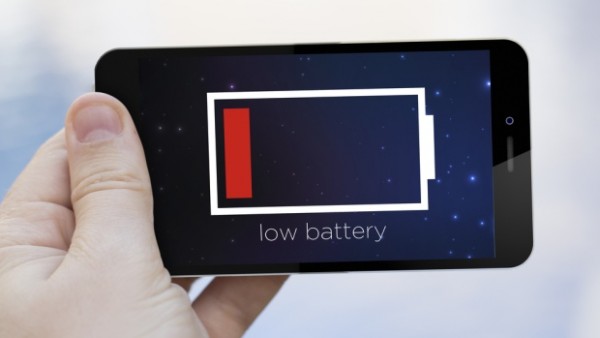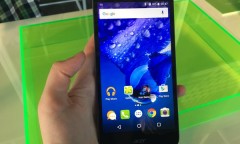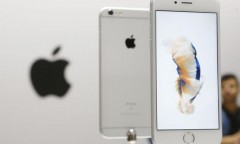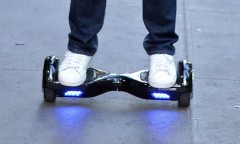By Steve Pak, | April 24, 2016

Low Battery Indicator
New battery technology that California researchers recently discovered by accident could make laptop and smartphone batteries last 400 times longer than today's lithium-ion batteries and have at least 200,000 cycles. The nanotechnology uses a tiny material that can be charged thousands of times and possibly end the need for battery replacement.
Like Us on Facebook
University of California at Irvine (UCI) scientists conducted the research that was published on April 20, Wednesday in the American Chemical Society's Energy Letters.
Researchers used a nanowire material that is a very small conductor and has been linked to battery production for a long time. Some reasons include their very thin structure, large surface area for transmitting/storing electrons, and high conductivity, according to Tech Times.
The problem with today's lithium-ion batteries is that "spillage" due to recharging and discharging causes the batteries to wear out as time passes. Regular lithium batteries become weak and crack as time passes.
UCI researchers used nanowires as a solution. They used a manganese oxide covering to cover a gold nanowire. They then put the apparatus inside an electrolyte that consisted of a Plexiglas-like gel instead of a liquid.
The researchers discovered that the new battery racked up 200,000 cycles within a three-month period. Meanwhile, the nanowires did not have any power or capacity problems, or cracks.
Researchers think the long-lasting battery's success is based on the gel. It boosts the metal oxide's fluidity, which makes it more flexible and prevents cracking.
It is interesting the UC researchers made their discovery by accident. Lead author Mya Le Thai coated the whole battery with a thin gel then learned that it provided hundreds of thousands of cycles with no capacity loss.
Thai reports the new discovery shows that nanowire electrodes can last for long periods and be used in real batteries. It could result in long-lasting batteries for smartphones, computers, appliances, cars, and spaceships.
In related news, Acer's new Liquid Zest Plus smartphone has a 5,000mAh battery that lasts for at least two days on a single charge, and includes fast charging, according to Stuff. Acer's new handset is basically a mid-range Android phone with a big battery. The handset has a $250 price tag.
Here's how to increase laptop battery life:
-
Use of Coronavirus Pandemic Drones Raises Privacy Concerns: Drones Spread Fear, Local Officials Say

-
Coronavirus Hampers The Delivery Of Lockheed Martin F-35 Stealth Fighters For 2020

-
Instagram Speeds Up Plans to Add Account Memorialization Feature Due to COVID-19 Deaths

-
NASA: Perseverance Plans to Bring 'Mars Rock' to Earth in 2031

-
600 Dead And 3,000 In The Hospital as Iranians Believed Drinking High-Concentrations of Alcohol Can Cure The Coronavirus

-
600 Dead And 3,000 In The Hospital as Iranians Believed Drinking High-Concentrations of Alcohol Can Cure The Coronavirus

-
COVID-19: Doctors, Nurses Use Virtual Reality to Learn New Skills in Treating Coronavirus Patients











